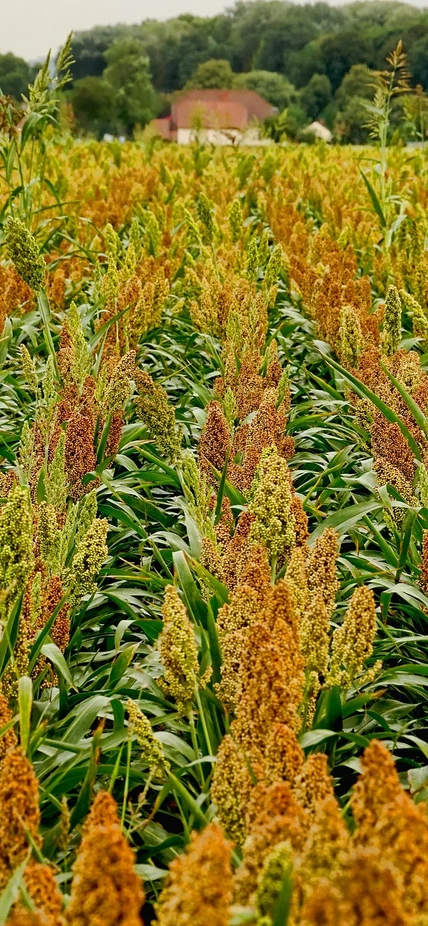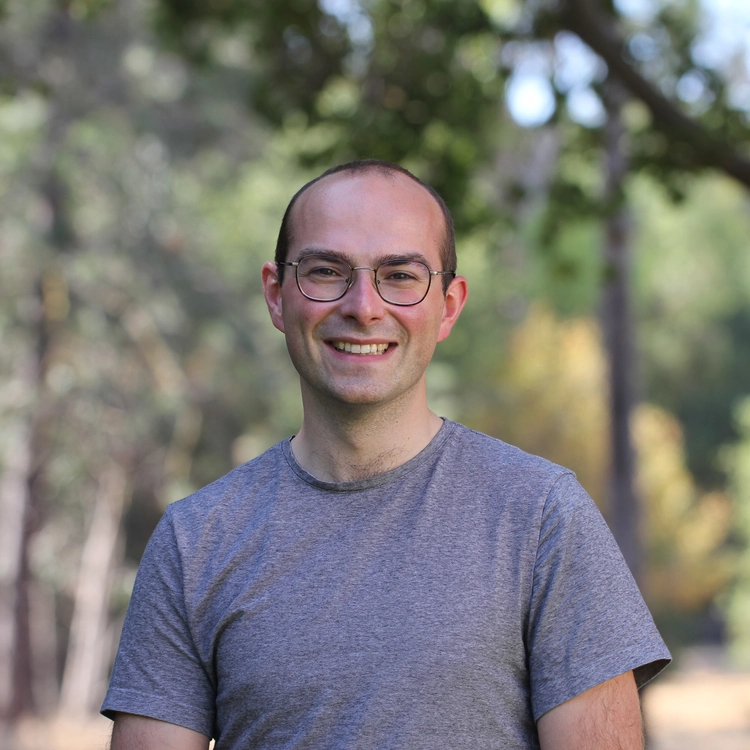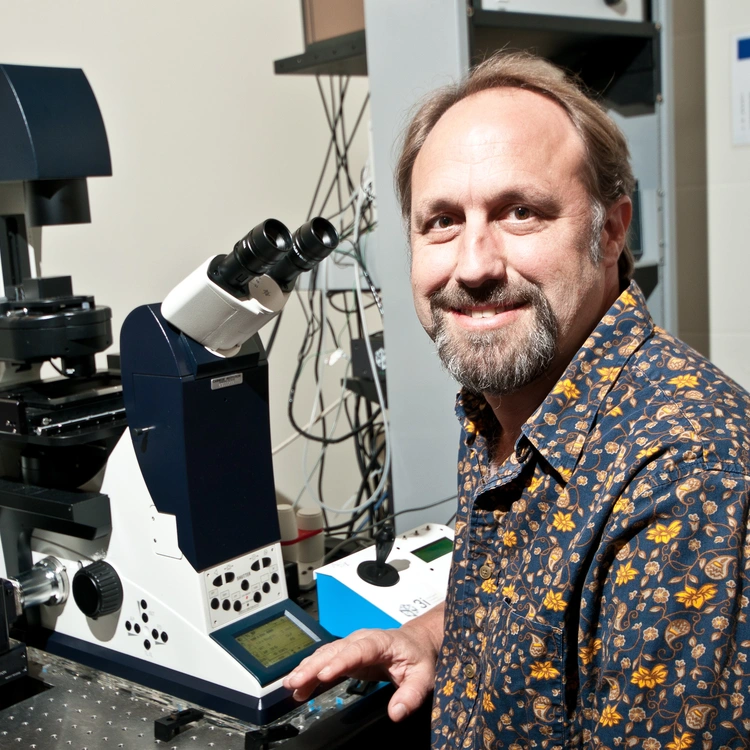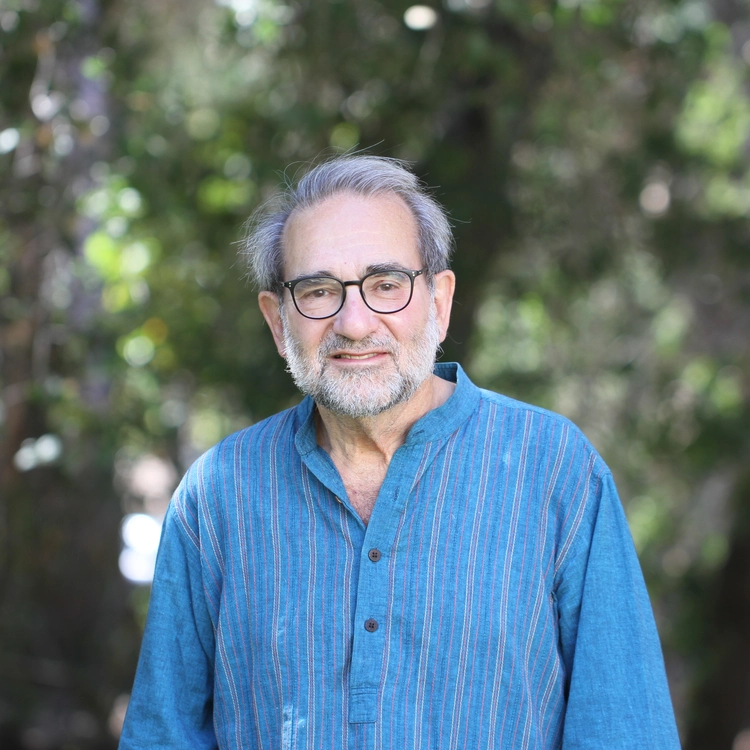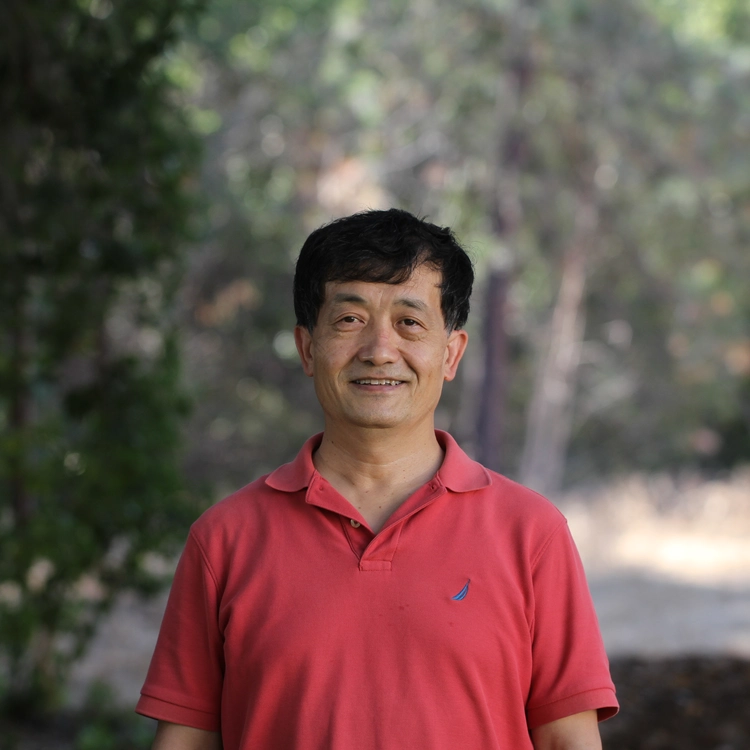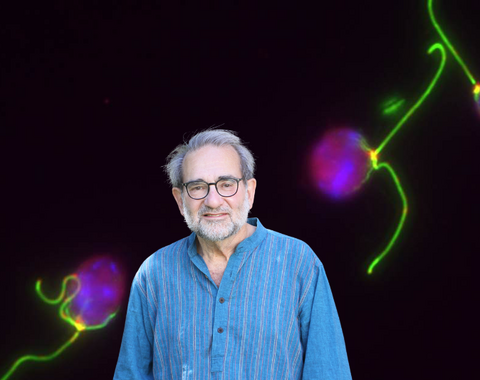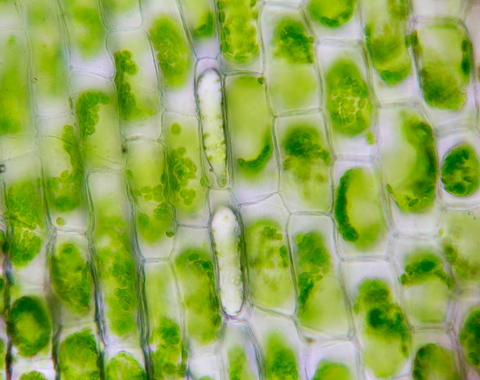Plant Research Will Unlock the Future
Explore our Plant Science research areas:

Biodiversity & Climate
We investigate how individual species respond to stressful conditions and explore how we can build community resilience.
Learn More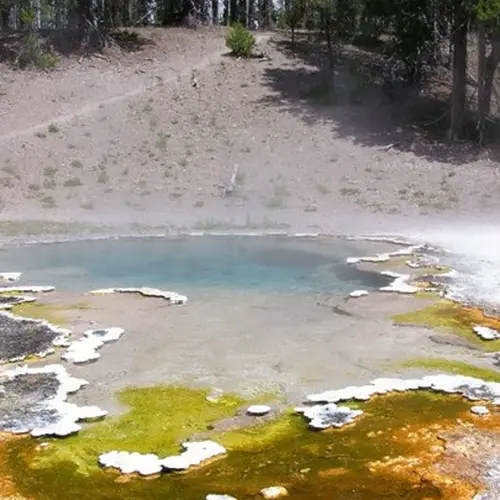
Extreme Environments
We explore how life emerges and survives in extreme environments from cutting-edge investigations of deep sea vents and hot springs to lab-based recreations of planetary interiors.
Learn More
Nested Ecosystems
Recognizing that plants and animals rely on lifelong, co-evolved relationships with the microbial world, we explore interactions between microbial communities across a range of environments.
Learn More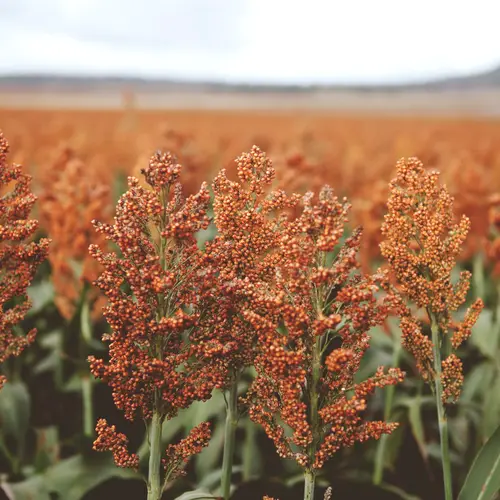
Photosynthesis
We study the biochemistry, molecular biology, physiology, and functionality of how plant cells respond to their environmental conditions and make cellular decisions, laying the foundation for advances in agriculture, sustainability, and climate resilience.
Learn More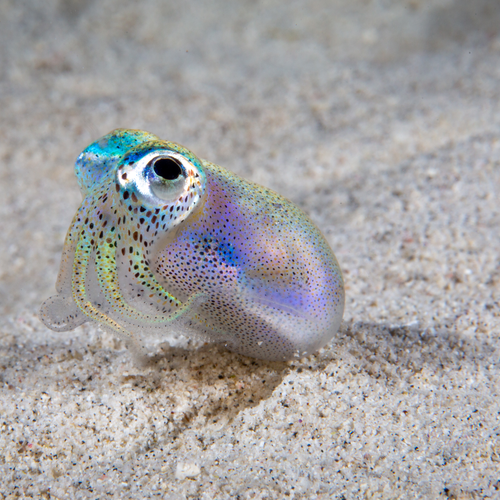
Symbiosis
We uncover the molecular mechanisms underpinning a variety of symbiotic relationships.
Learn MoreRelated Division
Carnegie's newest scientific division, Biosphere Sciences & Engineering, is devoted to disrupting the traditional, siloed perspective on research in the life sciences and pursuing an integrated approach to solving humanity's greatest challenges.
Biosphere Sciences & Engineering